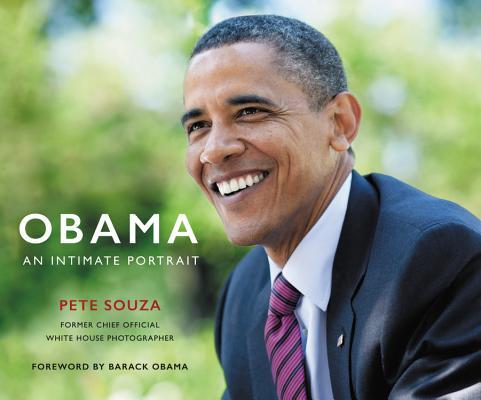
Obama: From Promise to Power
Book Description
A young rockstar politician rises from the shadows of Chicago’s political machine, wielding words that ignite hope and redefine the American dream. David Mendell chronicles Barack Obama’s breathtaking journey from a community organizer to a Senate powerhouse, capturing the fervent determination and profound challenges that shape his vision. As he faces powerful adversaries and unyielding skepticism, tensions mount, and his charisma becomes both a weapon and a shield. With every speech, he draws a divided nation closer together. Will his message of hope prevail against the tides of cynicism and doubt? This is more than a story of ambition; it’s a battle for the soul of a country.
Quick Book Summary
"Obama: From Promise to Power" by David Mendell offers a revealing look into Barack Obama’s formative years and meteoric rise within American politics. Through exhaustive reporting and intimate interviews, Mendell charts Obama’s journey from his multiracial roots and early days as a Chicago community organizer to his rapid ascension as a state senator and, ultimately, a political phenomenon. The book delves deeply into Obama’s relentless ambition, sharpened political instincts, and ability to inspire hope with his words. Mendell captures the tensions Obama faced as he confronted the entrenched powers of Chicago's political machine, the skepticism of political insiders, and the broader challenges of galvanizing a divided nation. Blending personal history with national context, the biography examines how Obama’s charisma, intellect, and message of unity transformed him into a symbol of possibility for America.
Summary of Key Ideas
Table of Contents
Roots and Early Influences
Barack Obama’s early life, spanning Hawaii, Indonesia, and ultimately the mainland US, forged a distinct personal narrative that intertwined race, aspiration, and a quest for belonging. Mendell examines how Obama’s complex family background and formative experiences shaped both his worldview and his resilience. This section highlights moments such as his education at Columbia University and Harvard Law School, where he honed a sense of mission and the rhetorical skills that would become his hallmark. The seeds of a public career were sown in the texture of these early challenges and his evolving self-understanding.
The Chicago Political Crucible
Chicago’s political environment proved to be the crucible in which Obama’s character and career were tempered. As a community organizer in the city’s South Side, Obama confronted the gap between political rhetoric and on-the-ground realities. Mendell outlines the obstacles Obama faced within Chicago’s notorious political machine, including the skepticism of local power brokers and rivals. Through grassroots organizing, coalition-building, and strategic partnerships, Obama developed pragmatic tools while navigating the often messy, transactional world of local politics.
Crafting an Identity and Political Message
The book underscores the centrality of identity in Obama’s journey. Obama’s self-awareness regarding his unique position as a biracial outsider allowed him to craft a public persona that resonated across divisions. Mendell details Obama’s artful blending of idealism with pragmatism, showcasing how he distilled complex questions of race, inequality, and American aspiration into a message of hope and unity. Obama’s speeches, particularly his keynote address at the 2004 Democratic National Convention, marked a watershed in his ability to galvanize broad support.
Navigating Race and National Narratives
Mendell deepens the examination of the challenges Obama faced regarding race and expectations—from both white Americans and Black communities. The book explores Obama’s careful navigation of identity politics, never allowing himself to be narrowly defined by race, but instead using his background as a lens to articulate inclusive goals. The sections highlight the criticism, suspicion, and sometimes outright hostility that Obama encountered, as well as his enduring commitment to bridge-building and empathy as political tools.
Ascent to National Prominence and the Audacity of Hope
Ultimately, Mendell situates Obama’s rise within the larger currents of American politics, exploring how his charisma and message of hope challenged entrenched cynicism. The biography culminates with Obama’s successful Senate campaign and the emergence of a national figure poised to lead. Mendell casts Obama’s journey as emblematic not only of personal ambition, but also of a broader battle to renew the American political imagination, framing Obama’s story as a fusion of individual drive and the yearnings of a nation thirsty for change.
Download This Summary
Get a free PDF of this summary instantly — no email required.





